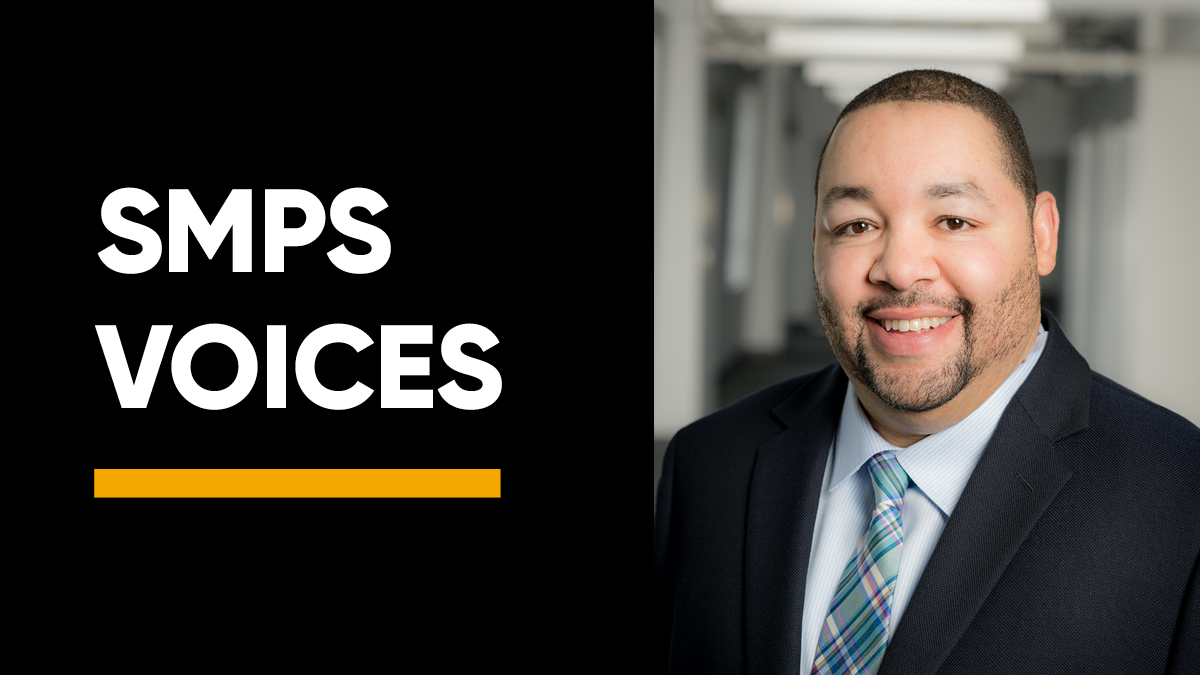
The critically acclaimed television series “Black·ish” is currently airing its eighth and final season. The show is a satirical look at the Black experience through the eyes of three generations of the Johnson family. Those very different perspectives are shared cleverly and hilariously as they take on some real-life sociopolitical issues.
My favorite episode is about Black History Month. Andre, played by Anthony Anderson, must give a presentation at his young twins’ school and the family gets into a heated debate about which famous person should be featured in the presentation. The moral to the story winds up being that our history is so rich and full, it cannot be properly reduced to the same handful of people annually or celebrated in just 28 days.
I am a seventies baby. My first heroes were Muhammad Ali and Dr. J. They were both larger than life figures in their respective sports during my formative years. Growing up in a time where most of the Black public figures I was exposed to were athletes or entertainers, naturally, I aspired to be what I saw. I wasn’t shown or told that I could be a doctor, lawyer, CPA, architect, or engineer, own my own construction company, or become a Certified Professional Services Marketer (CPSM).
What draws me to “Black·ish” most is the beautiful images of a family that looks like mine. Seeing those positive images is so important to my community. I’m hopeful that more thought-provoking, inspiring shows will continue to make their way onto the small and big screens. Equally important in real life is seeing people we can relate to, aspire to be like, in our personal and professional lives. Far too often in my work, I’m in rooms where very few people look like me. Representation matters!
During the pandemic, I discovered a passion for diversity, equity, and inclusion (DEI) work. A core mission of this work, for me, is to help increase participation in SMPS by members of historically marginalized and underrepresented groups. I’m so proud that SMPS and the SMPS Foundation provided student memberships and $1,500 scholarships to 14 students from Historically Black Colleges and Universities.
Currently, about 2% of all licensed architects are Black. Depending on your source, the number of Black engineers stands somewhere between 3 and 5%. Data on Black, Indigenous, and People of Color (BIPOC) representation in the field of professional services marketing is scarce. For that reason, SMPS has partnered with Kanarys to survey our membership to collect demographic data because diversity is about counting the numbers. I know from experience that what gets measured gets managed. Collecting this data will allow us to develop metrics and to hold ourselves accountable to them as we seek to improve representation at all levels of our organization.
Of course, counting the numbers is just the first step. Making the numbers count is the most critical one. Growing the organization literally and figuratively, while providing platforms with safe spaces for all, is the endgame.
Failure is not an option, and I hope you’ll join me as we continue to impact our organization and the A/E/C industries in a positive way. A great way to start is by taking the Kanarys survey.
Article written by Antonio Payne, CPA. Antonio is chief financial officer and DEI advocate for SMPS HQ in Alexandria, VA. He can be reached at antonio@smps.org.







